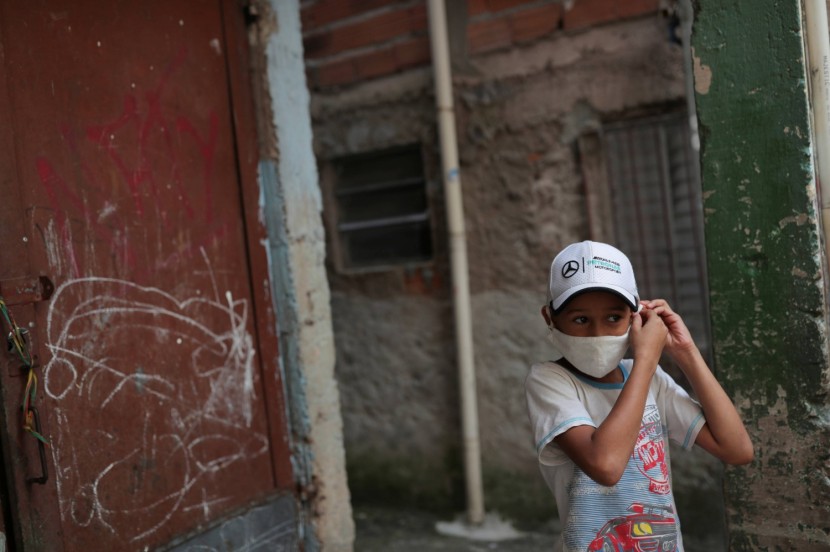People have now been advised by Federal Health Officials to use cloth face masks when in public to cover their mouths and noses in order to prevent further spread of coronavirus.
Last Friday, the U.S. Centers for Disease Control and Prevention released an update guidance regarding the matter and recommended individuals to use cloth face coverings when in public, especially in places where it is difficult to maintain social distancing. The said guidance also stressed that people should use fabric coverings or masks and not surgical or N95 masks since those should be reserved for medical care workers.
With regard to this, some people are now making their own face coverings. According to the study, some fabrics are better than others when used as masks especially with their abilities to filter particles.

According to public health experts, fabric or cloth masks are not intended to protect the wearer from getting infected, but prevents them from spreading the virus.
Dr. Scott Segal, Chairman of the Anesthesiology department of Wake Forest Baptist Health at Winston-Salem, North Carolina stated that in making these masks a person should use high-quality cloth in order to prevent the virus from spreading. Thus, he came up with an idea to study which fabric may work best.
Segal conducted the tests in partnership with the Wake Forest Institute for Regenerative Medicine. In the study, he tested a variety of fabric to find out which one would be the best for making face masks based on their breathability and ability to filter small particles including viruses. The research, however, is still yet to be submitted for peer review and publication.
In the test, Segal and his team pumped air through both types of face coverings. He said that regular surgical mass filtered at least 62 to 65 percent of particles, while N95 masks filter 95% of particles.
However, the results of the tests varied in different types of fabrics. One fabric only filtered 1% of particles which meant it may be rendered virtually useless. But there were also some which filtered up to 79% of particles which were better than regular surgical masks.
The masks which fared better than others were made with two layers of heavyweight "quilters cotton," has a thicker and tighter weave and has a thread count of at least 180. While other fabrics of lesser quality also worked well, but there is a need to put an internal layer of flannel.
Vanderbilt University Medical Center along with other hospitals have also recommended the use of tightly woven materials for do-it-yourself facial coverings. Other companies like Kaiser Permanente have already published instructions for DIY masks which called for the use of two layers of cotton fabrics.
Face masks should not be deemed as a substitute for Social Distancing
However, despite the advice of the CDC to use facemasks, public health officials advised that these homemade facial coverings should not be deemed as a substitute for social distancing, instead they should treat it as an additive for protection.
During a news Conference, Dr. Deborah Birx, the coronavirus task force response coordinator in he White House said that people should not get a sense of false security since people feel and artificial sence of protection behing these masks.
Related article: Face Masks Needed! Coronavirus Spreads Through Talking and Breathing
© 2026 HNGN, All rights reserved. Do not reproduce without permission.








